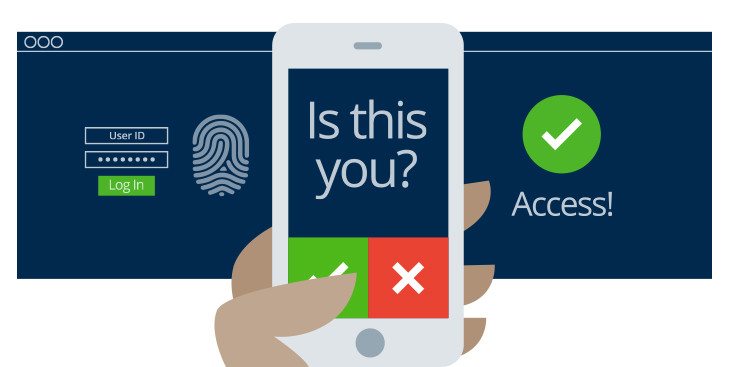As a newbie website owner, you must know that if you don’t pay attention to cybersecurity practices, then your website might get compromised and used by hackers to steal data, money, and relay spam and illegal documents across the internet. Here are some easy website security tips for beginners.
Update All Applications With No Delay!
Even though you are new to WordPress and are still getting the hang of the various plugins and themes, it is essential to ensure that your software is up-to-date with the latest versions.
New versions of software and server operating systems fix security holes, thereby eliminating cyber attacks.
Your WordPress theme, core, and plugins must be upgraded to their newest versions. If you have managed hosting, then the upgrades might be handled by the hosting provider itself.
That does not mean that you shouldn’t acquaint yourself with the latest developments in software and Content Management Systems in use.
RSS feeds and mailers are quick to be sent out by vendors, to report security issues. Before installing any plugin, check how many installs it has had, when it was last updated and if it is compatible with your applications.
Be alert and be proactive in fixing any security loophole in your website! Out of all the website security tips for beginners, this step of being updated with all upgrades takes the spotlight.
Website Security
A Strong Password? Elementary!
Using a strong password seems like a very elementary task, yet, many falter and have their websites compromised by using insufficient passwords.
Use a robust password for your server and your website. A brute force attack will never be a cause of concern for you, if you use password managers such as LastPass, KeyPass or 1Password.
Some password managers not only help you generate a password but also store it in an encrypted form.
Use passwords that combine a mixture of numbers, alphabets, and symbols. The number of characters should not be lower than 8, and repetition of password for different websites is an absolute NO.
Multi-factor authentication provides supplemental security and is definitely one of the easy website security tips.

Multi-factor authentication
File Permissions
Look into file permissions, and who has access to what kinds of documents. Permissions to access directories and files can be assigned to Owners, Groups, and Public (or “Other”).
Remember to apply caution in assigning these file permissions, to elevate your website security. You can set file permissions using chmod and chown, native Linux commands, which are accessible over SSH (Secure Shell). You can also use FTP programs to set file permissions, typically by right-clicking on a directory.

SOURCE: WordPress
If coding is not your forte, you can access WordPress File Permissions using iThemes Security. It shows permissions of important files and folders, and indicates their status (OK or WARNING). It ensures that the files have secure permissions.
Backing Up Your Files
Ensure that your website is backed up either on your computer, on a cloud service or at a server present at a different location. Backups must be stored outside of the publicly accessible area, and must be regularly updated to remove all outdated applications that might contain vulnerabilities.
You can sign in to BlogVault, which will automatically sync your website, once you sign in. Automatic daily scans and one-click site restoration are just some of the many amazing features it has to offer. In case your website does happen to break, you can read How To Restore WordPress Website Backup After A Broken Plugin Update to know exactly how to come back online.
HTTPS
HTTPS stands for Hypertext Transfer Protocol Secure, that encrypts information between servers and websites.
It ensures that the accessed websites are authenticated and that there are no man-in-the-middle attacks. You can receive Transport Layer Security (TLS), or Secure Sockets Layer certification, to gain an HTTPS connection.
You can generate your own certificate, but then the user gets a warning that it is insecure. To remove this warning, you need to get your certificate signed by a certificate authority.
You may also take a look at security plugins such as Sucuri, MalCare and Wordfence. These easy-to-use plugins are essential in keeping your WordPress website secure. They help fight brute force attacks, send email alerts, enforce strong password and create regular database backups, among many other exciting tasks.
Check out the A Comprehensive Checklist Of The Best WordPress Website Security Practices, to gain even more tips!
